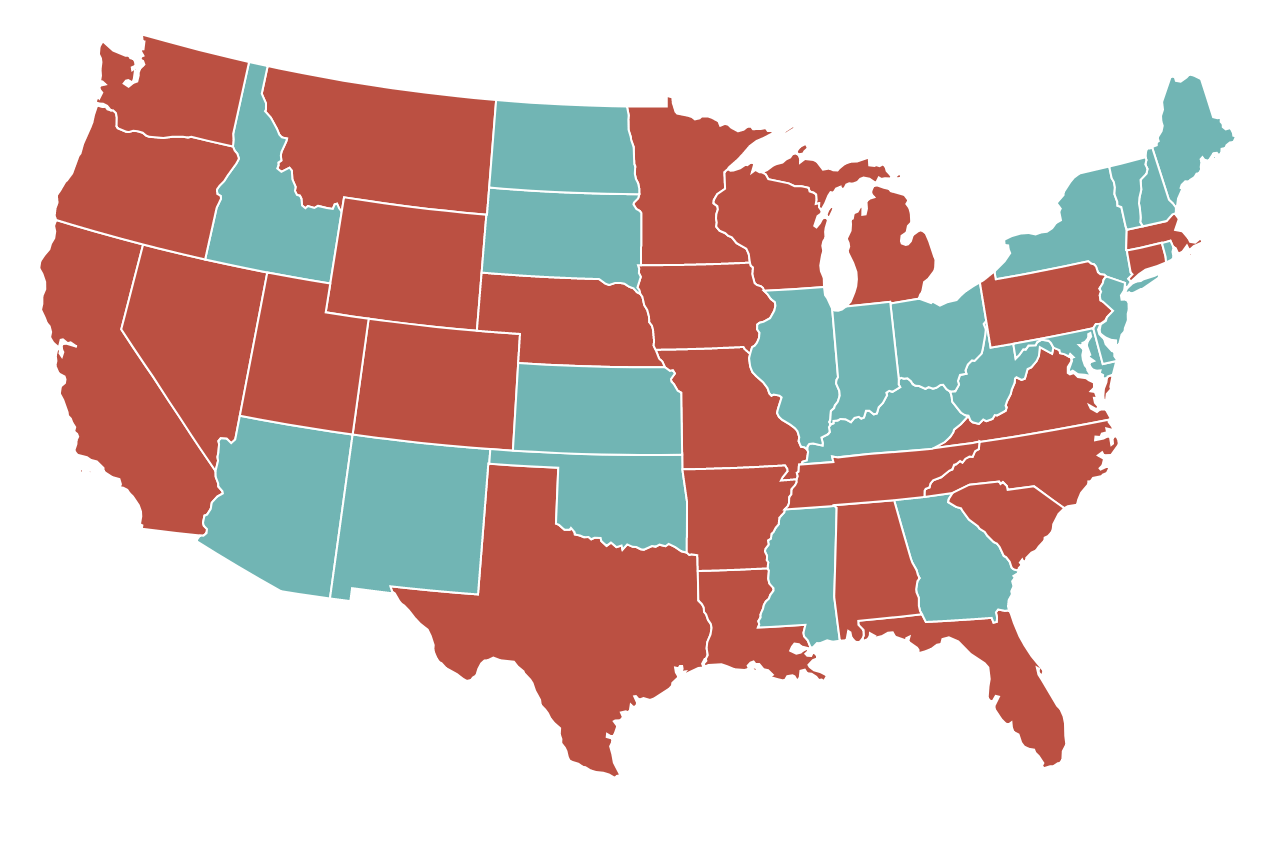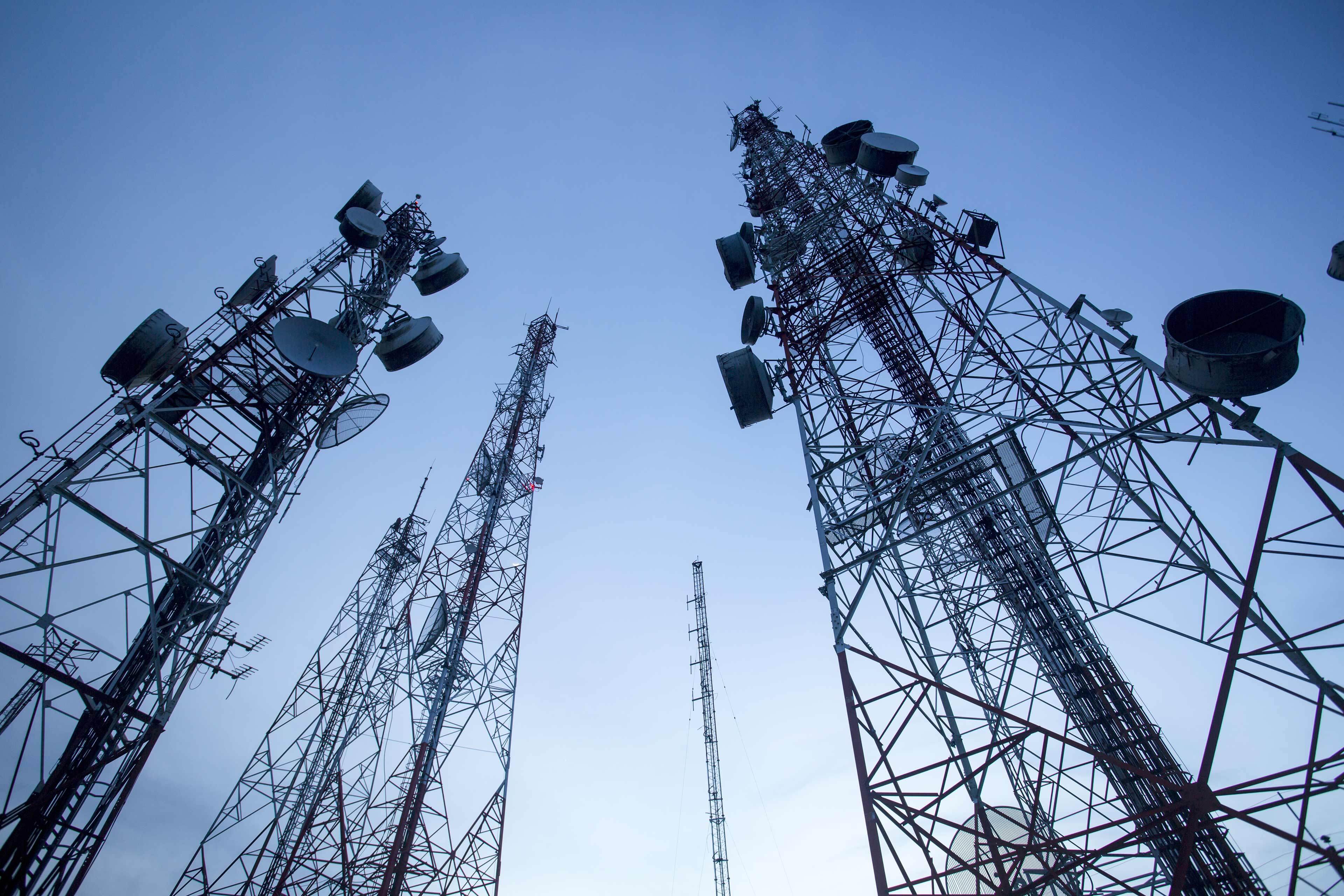Bottom line: Faced with high fees, slow speeds and poor customer service, many communities in the U.S. have turned to community broadband projects to free themselves from the clutches of major telecom providers. But this isn't an option for everyone, as 26 states either severely restrict or outright ban community broadband initiatives.
Healthy competition is meant to be the cornerstone of the U.S. economy, but the telecom industry has not only never embraced that mentality, it has apparently gone one step further by successfully lobbying to reduce competition through restrictions and outright bans.
According to a new report by comparison site Broadbandnow, 26 states have implemented laws that prohibit or severely limit community broadband projects.
The report sets out a state-by-state investigation into what limitations have made their way from lobbyists pens to the law books and the picture is pretty bleak. According to the report, "over $92 million was spent in 2018 alone to protect business interests at the national and state level."
Six states have "direct sale prohibitions on municipal broadband" - Arkansas, Missouri, Nebraska, Pennsylvania, Texas and Washington. For the other 20 states identified, the limitations range from 'bureaucratic barriers' and 'prohibitive referendum requirements' to population caps and excessive taxes.

Whatever your view on the ongoing debate around net neutrality, the major concern for many people has been a lack of trust in big telecom and the criticism that these companies abuse their monopolistic positions in order to maximize profits.
It's not all bad news however, as the report does set out some efforts by federal and state lawmakers to keep telecom markets competitive, such as a bill put forward by Democrats that aimed to prohibit the kinds of regulations that kill municipal and community projects. While the Community Broadband Act of 2018 was ultimately unsuccessful, it's at least a sign that this is an issue that Congress is aware of.
